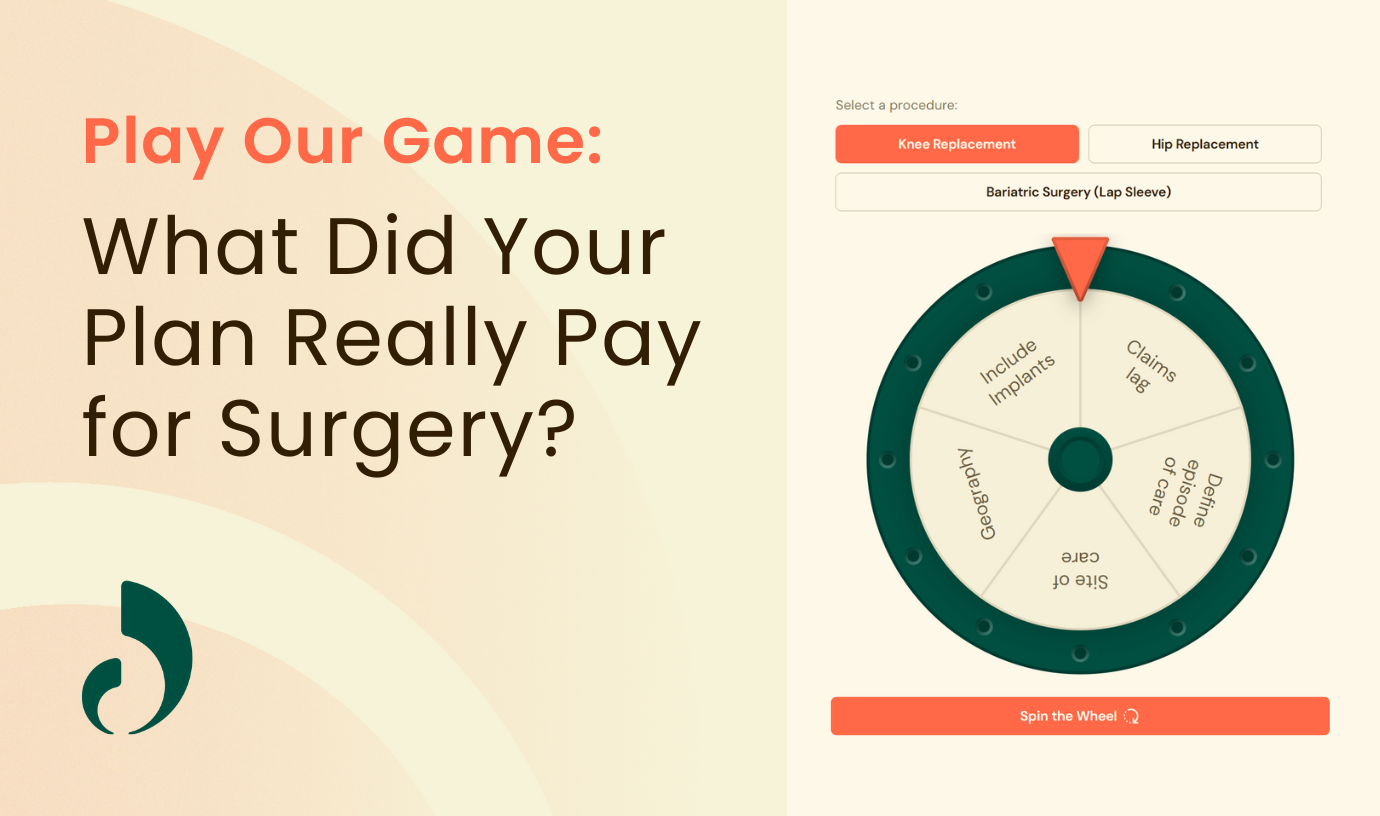Summary
- Lantern’s cancer care support team helps address the uncertainty of a cancer diagnosis by providing members with personalized guidance that improves treatment outcomes and health equity.
- The team, composed of Oncology Nurse Navigators, Care Advocates and a Licensed Clinical Social Worker, helps members navigate the entire cancer lifecycle.
- Support is continuous, allowing members to build deep relationships with their navigators, which leads to higher treatment compliance and better long-term outcomes.
Imagine you’re sitting in an oncologist’s office and hear the words, “You have cancer.” The doctor continues explaining the diagnosis and next steps. Staging. Consults. Treatment options. But you’re still stuck on the word cancer.
Then, the doctor asks, “Do you have any questions?” You haven’t had time to process anything they said. You ask what comes to mind, but after you leave the appointment, you think of more and more questions.
This is often the case, and with little support, employees will often turn to their benefits leaders with questions.
That’s where Lantern comes in. Members gain access to a full cancer support team, which includes Care Advocates, Oncology Nurse Navigators and a Licensed Clinical Social Worker.
“A lot of times, patients just need some time to process the news and can’t come up with those questions until a little bit later,” says Emily Wentz, Director of Case Management at Lantern and an Oncology Certified Nurse. “We can help them at that initial diagnosis point to understand what they’ve been told about their staging, explain the nuances of their pathology report and answer any questions.”
Oncology Nurse Navigators Answer Common Cancer Questions
Cancer is complicated, and a lot of the initial questions members ask are about their pathology report and treatment options.
“Understanding your diagnosis is very important for being informed about your treatment options,” Wentz says. “We want to make sure members understand everything, from top to bottom.”
That includes educating members on the benefits of cancer second opinions.
“A lot of times, people will ask, ‘Do I need a second opinion?’ Wentz says. “Absolutely, everybody’s entitled to a second opinion. We can help facilitate that.”
On average, Lantern spends over an hour with members on their intake call, and multiple hours per month when active cancer patients need support.
“Taking in the complexity of cancer, with its many medications and treatment choices, it’s like another language,” says Nicki MacManus, Lantern SVP, Cancer Care. “Our team helps to translate and simplify that for patients, including for those where English is not their primary language.”
Wentz says common questions from members run the gamut from whether they need to do a certain treatment or understanding how to take their medications to psychosocial support questions, like, ‘What are the chances I’m going to die? How do I explain this to my children?’
Having someone to answer those questions leads to better outcomes.
“If you’re not educated about your treatment plan, you may not take your supportive medications correctly,” Wentz says. “The more compliant you can be with your treatment plan, the better outcomes you’re going to have in the long run.”
The ultimate goal is for members to be more educated, have less of an administrative burden and also feel supported. That support also improves health equity by making sure employees get the right care with the right provider at the right time.
“Our nurses serve somewhat as counselors, and then we also have our social workers,” Wentz says. “So, we do have that psychosocial support, which helps to get members through a lot of things.”
How to Build a Modern Cancer Benefits Strategy
A Full-Circle Approach: Providing Cancer Support for Family Members
In addition to providing the member with support and guidance, the cancer team works directly with caregivers and family members, too.
“That emotional diagnosis of ‘You’ve got cancer’ is one of the most upsetting and really impacts not just the patient, but everyone around them,” MacManus says. “We often get the question, ‘Will you talk to the family? Will you talk to the children?’ And we will. The care team is amazing at supporting the entire family.”
Other times, members may just ask for advice on how to share their diagnosis and prognosis with their families, and Lantern’s Clinical Social Worker offers counsel and emotional support.
Cancer Care Team Helps Employees Prepare for Doctor Appointments
In addition to answering member questions, Oncology Nurse Navigators help members prep for upcoming appointments, so they arrive prepared with a list of questions to ask. For example, a member going in for a surgery consult would be advised to ask:
- What different types of surgery could I have?
- What are the potential complications?
- What will my recovery time be?
- What type of support will I need at home?
- What restrictions am I going to have?
For an appointment on treatment plans, members should ask questions about potential side effects and survival rates.
“I’ve had patients before who have gone in to talk to their doctor and were presented with their treatment options, then said, ‘OK, hold on, I have to go call my team at Lantern before I’m going to agree to do anything,’” says Wentz, who adds the cancer program really helps your employees get the right care.
Lantern Provides Ongoing Employee Cancer Support
Lantern’s team stays with a member throughout their cancer journey, from diagnosis and treatment to recovery or recurrence, answering questions and providing support every step of the way. This allows members to build deep relationships with their Nurse Navigators and Care Advocates.
“We work with patients from pre-diagnosis through survivorship, through hospice, for any stage or aspect of the disease we can help with,” Wentz says. “It’s throughout the lifecycle of the disease and beyond.”





